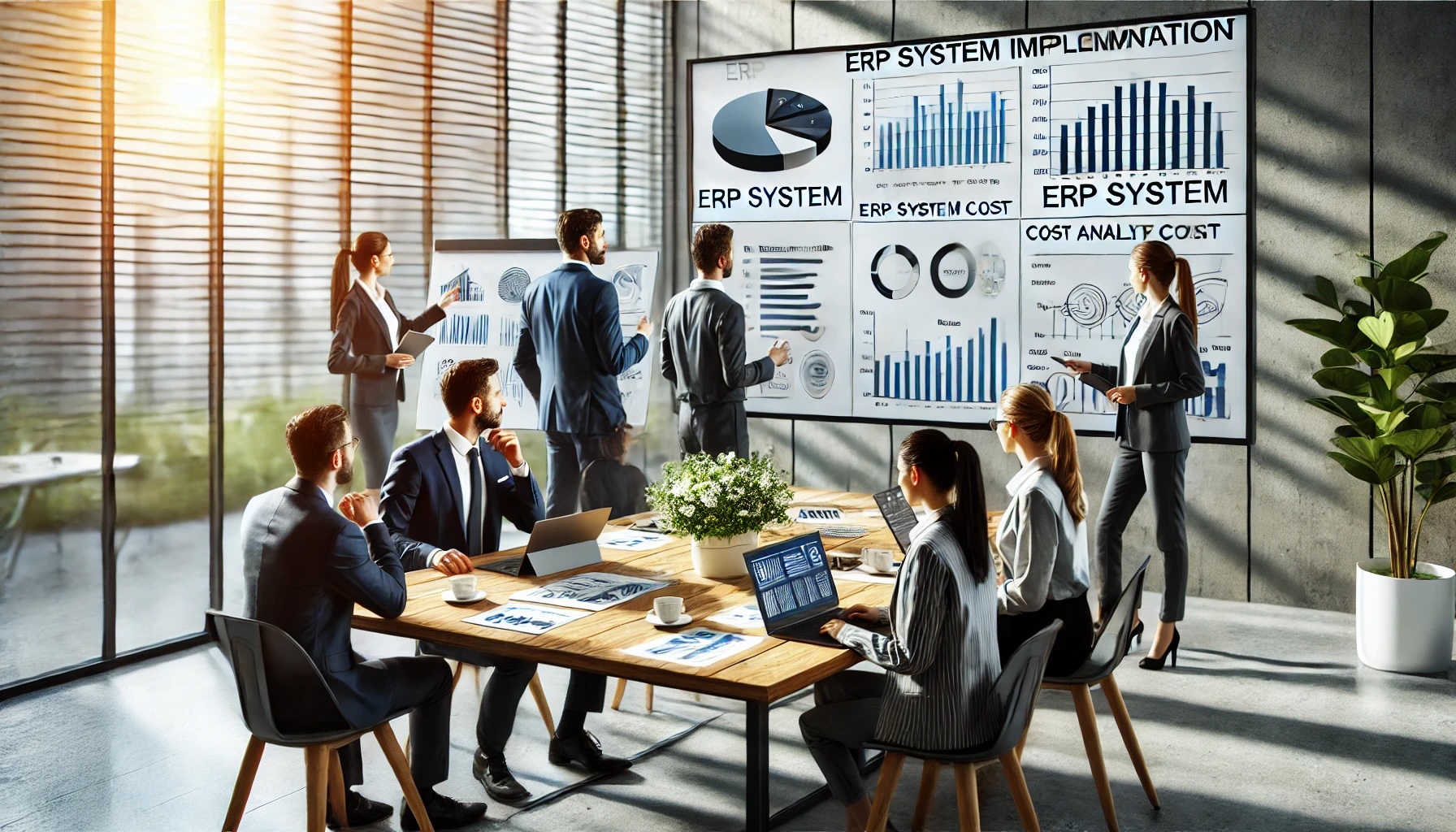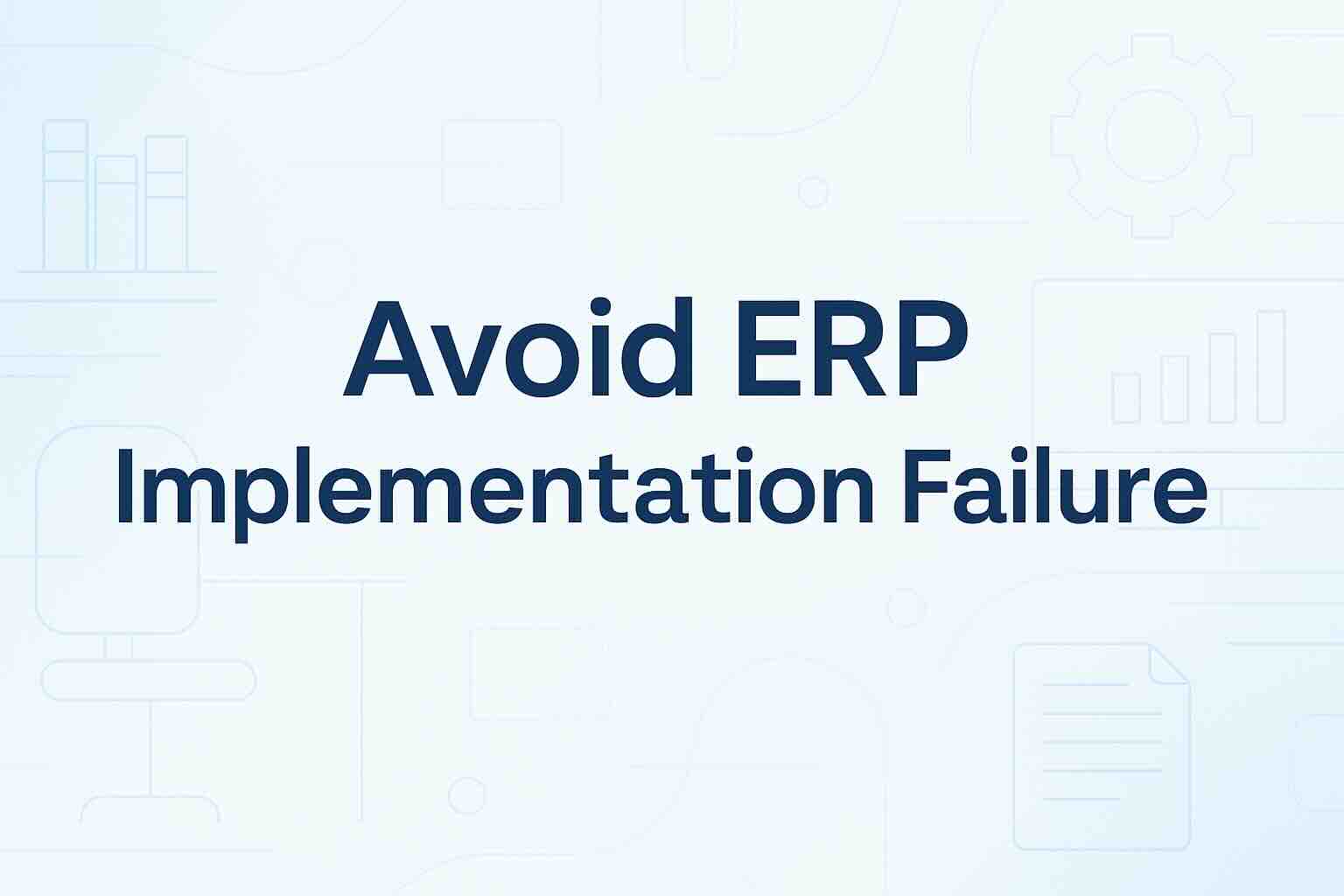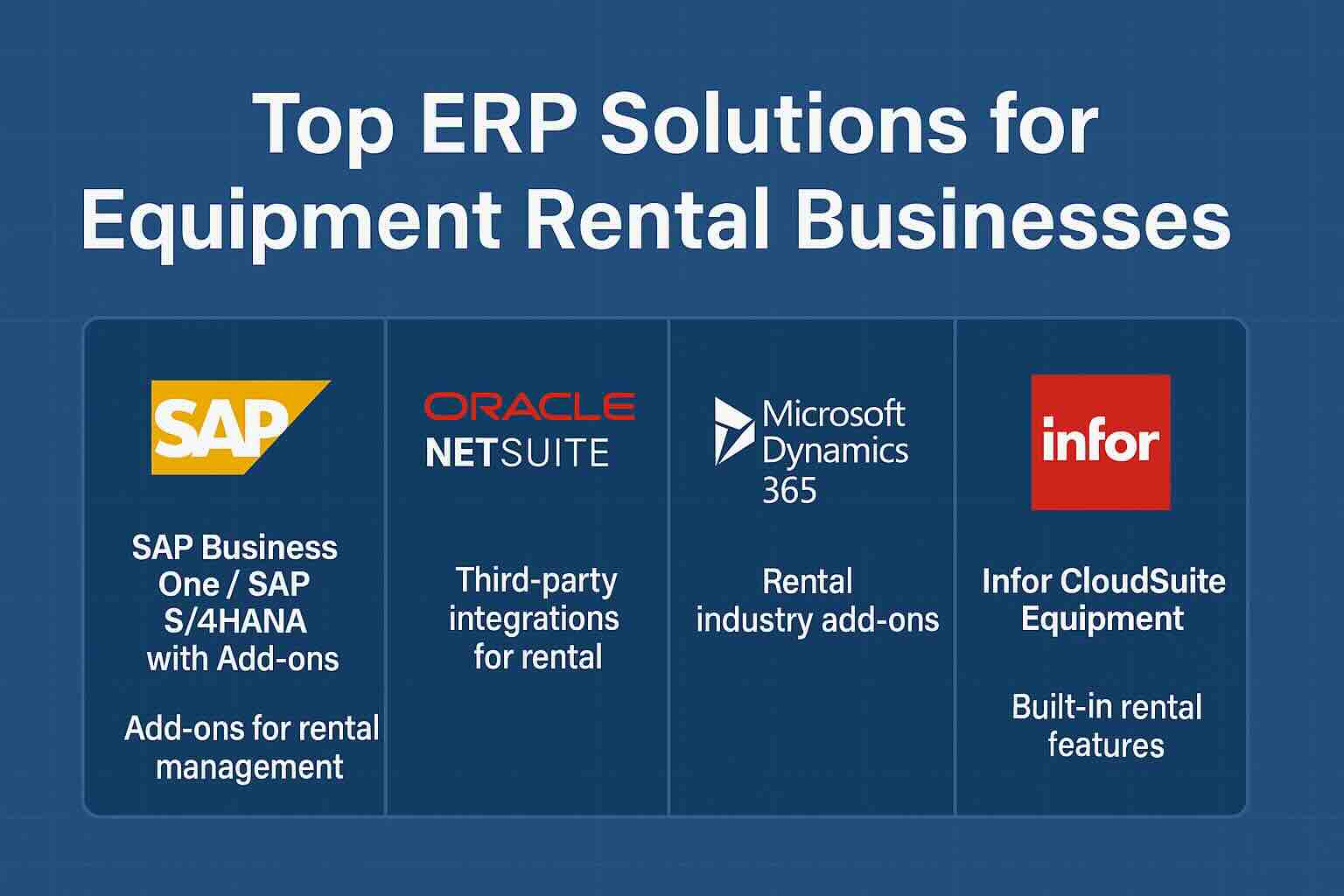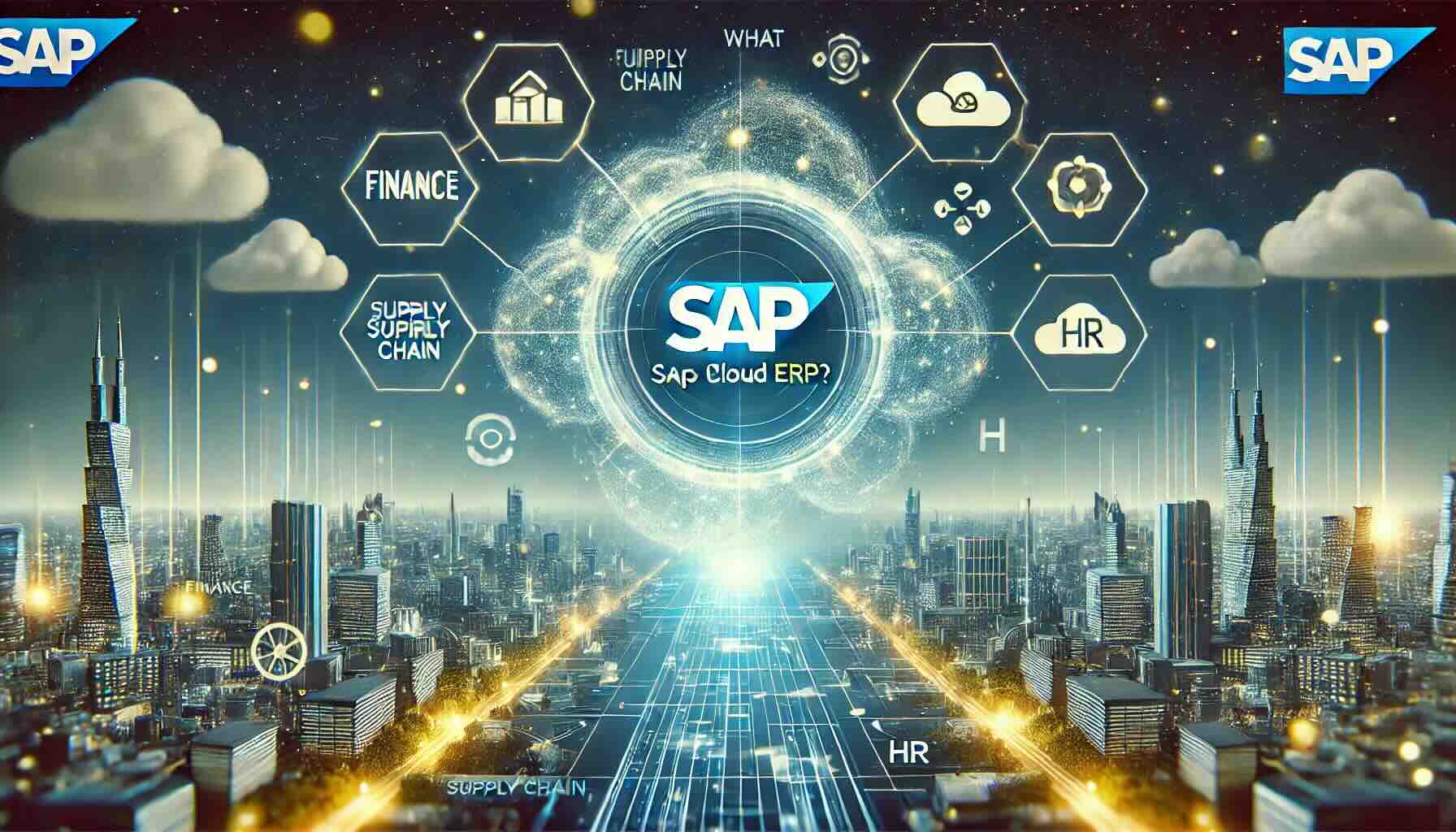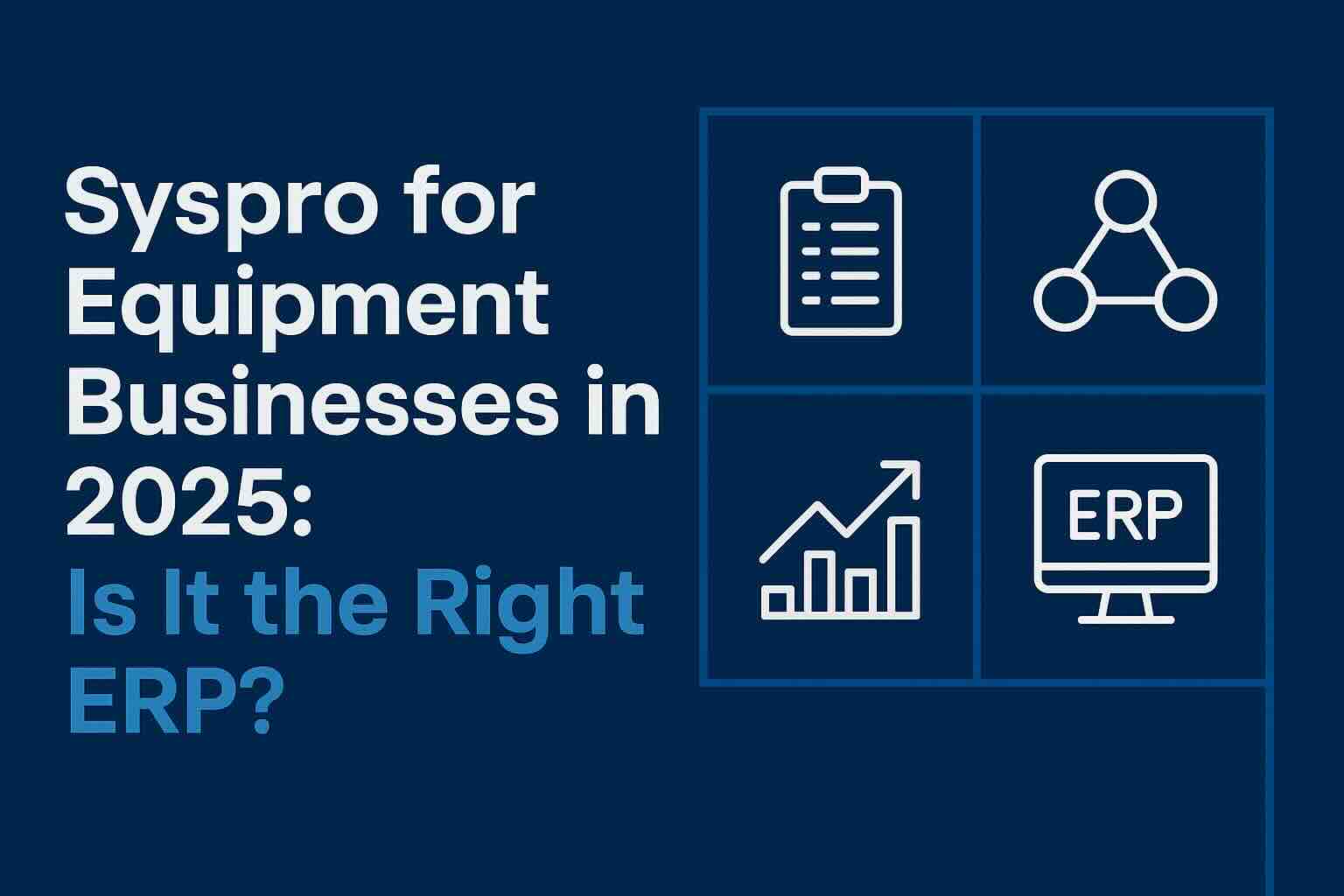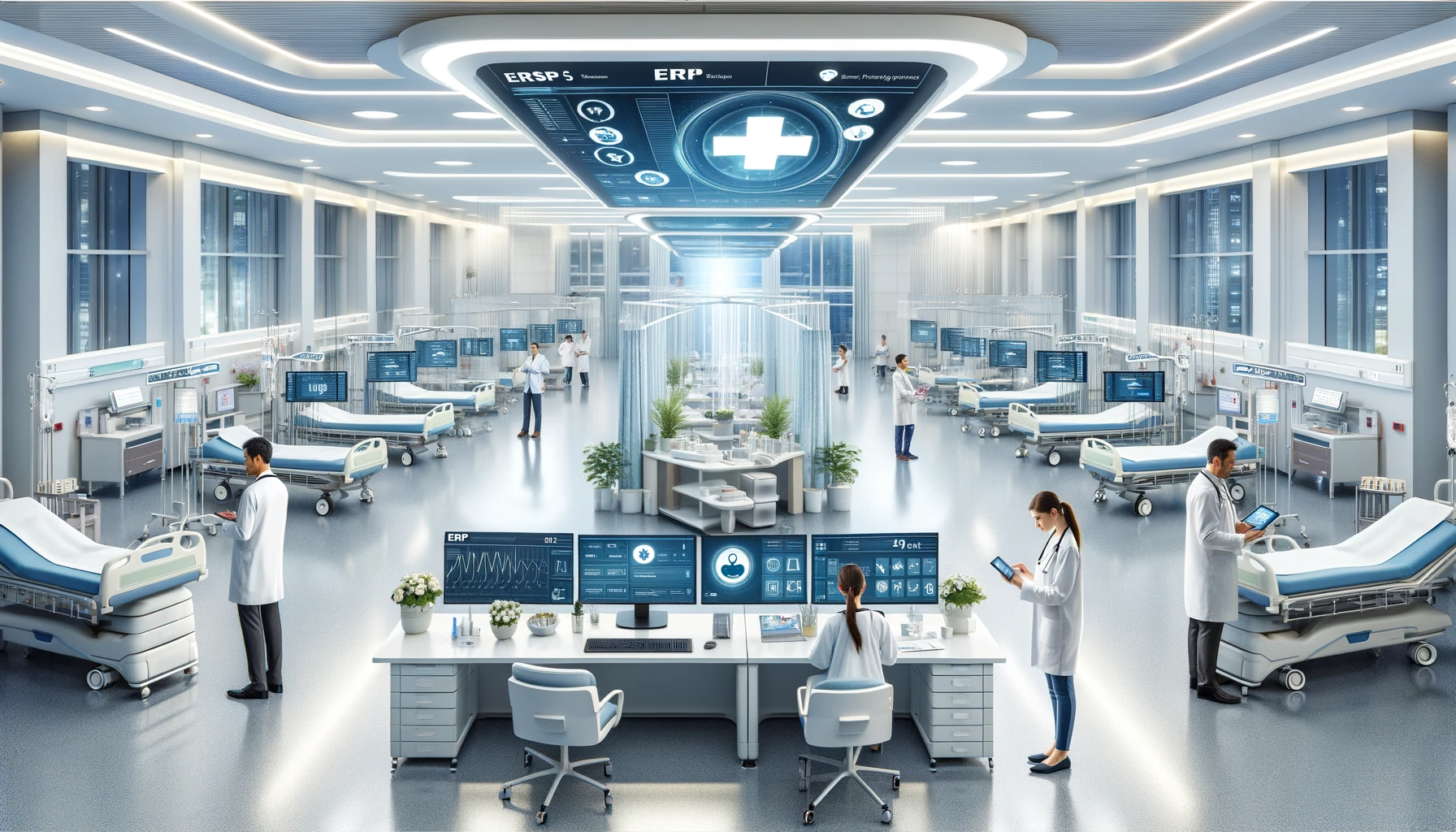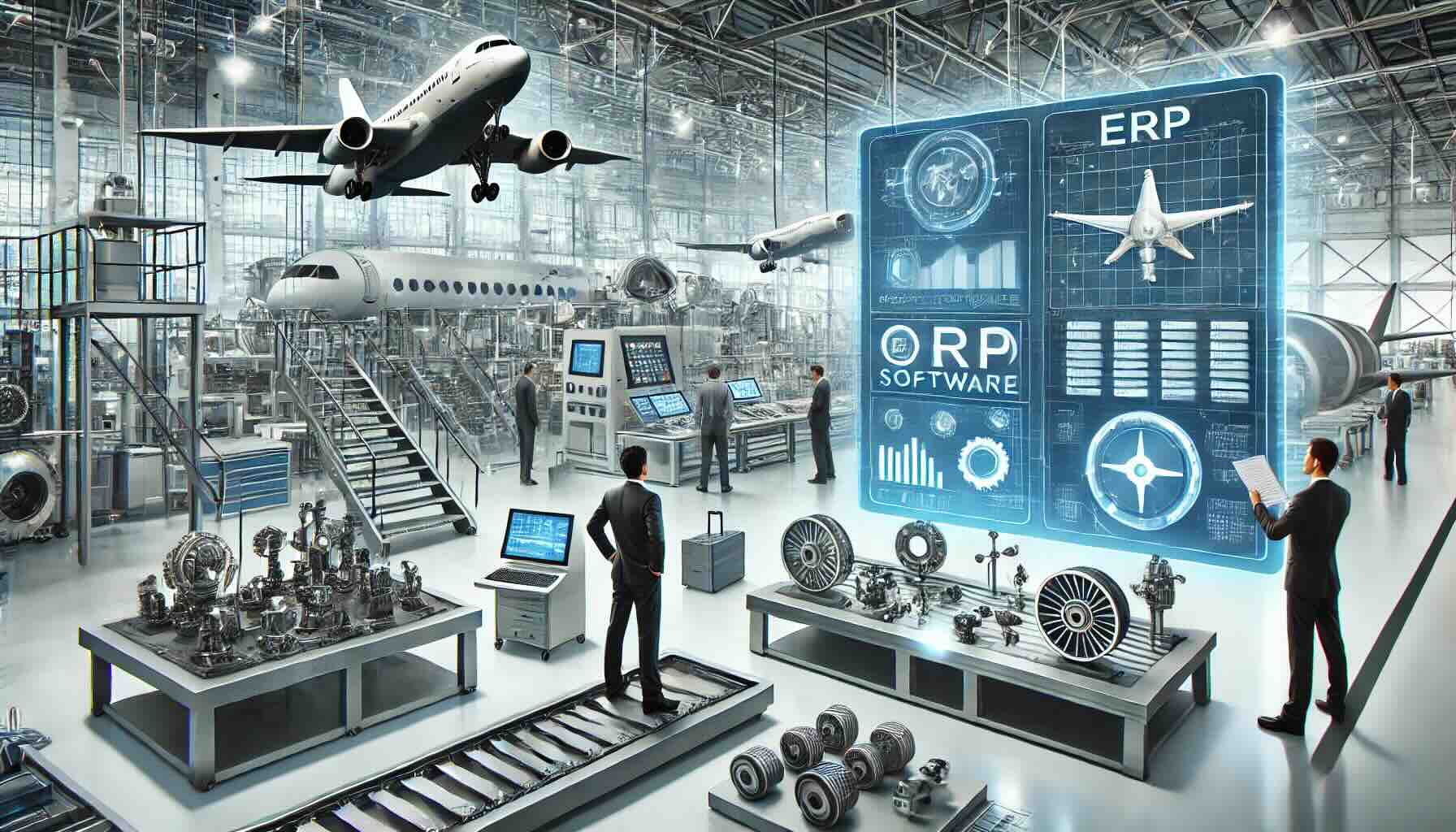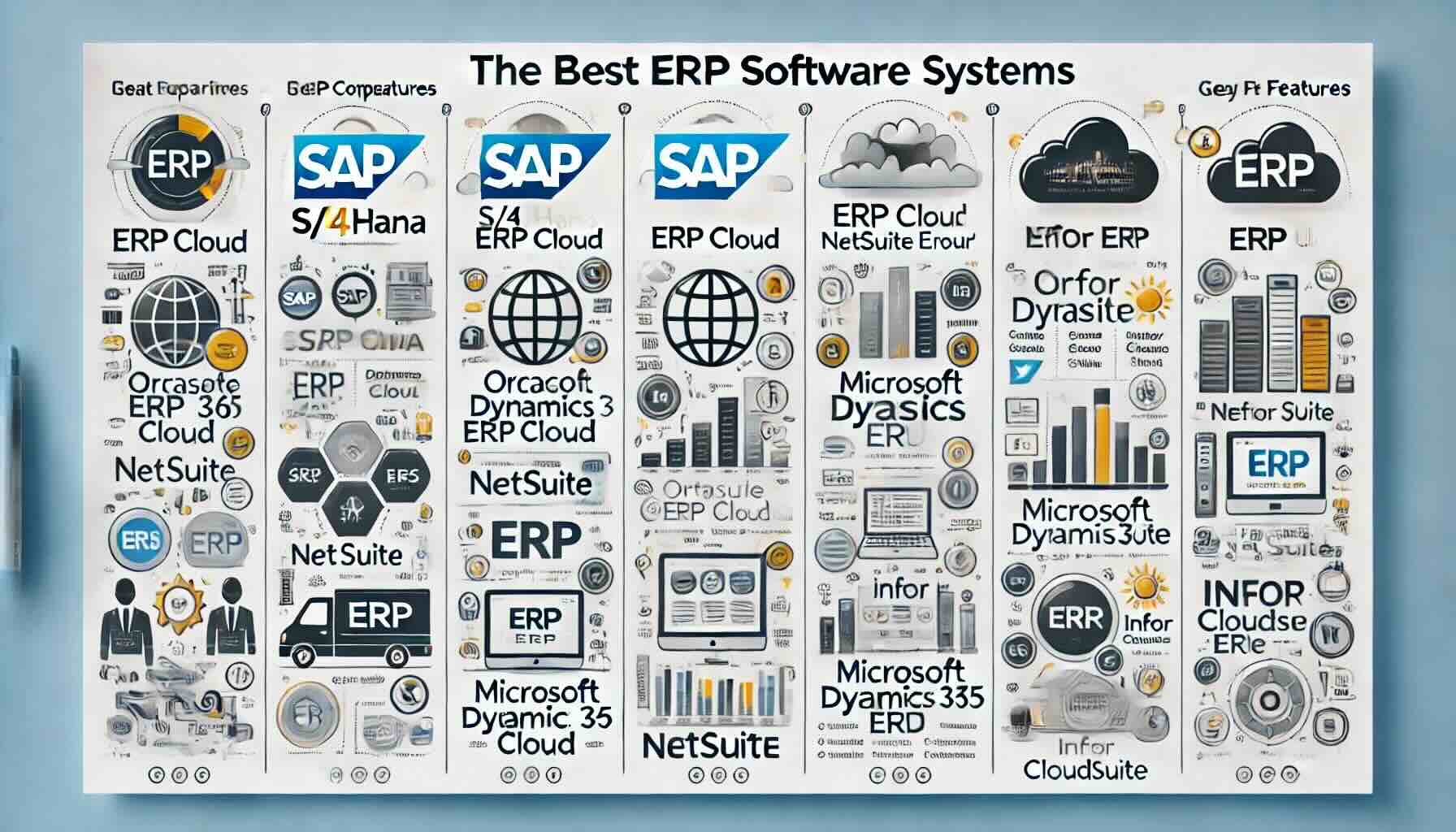Top 10 ERP in the World: The Ultimate Guide
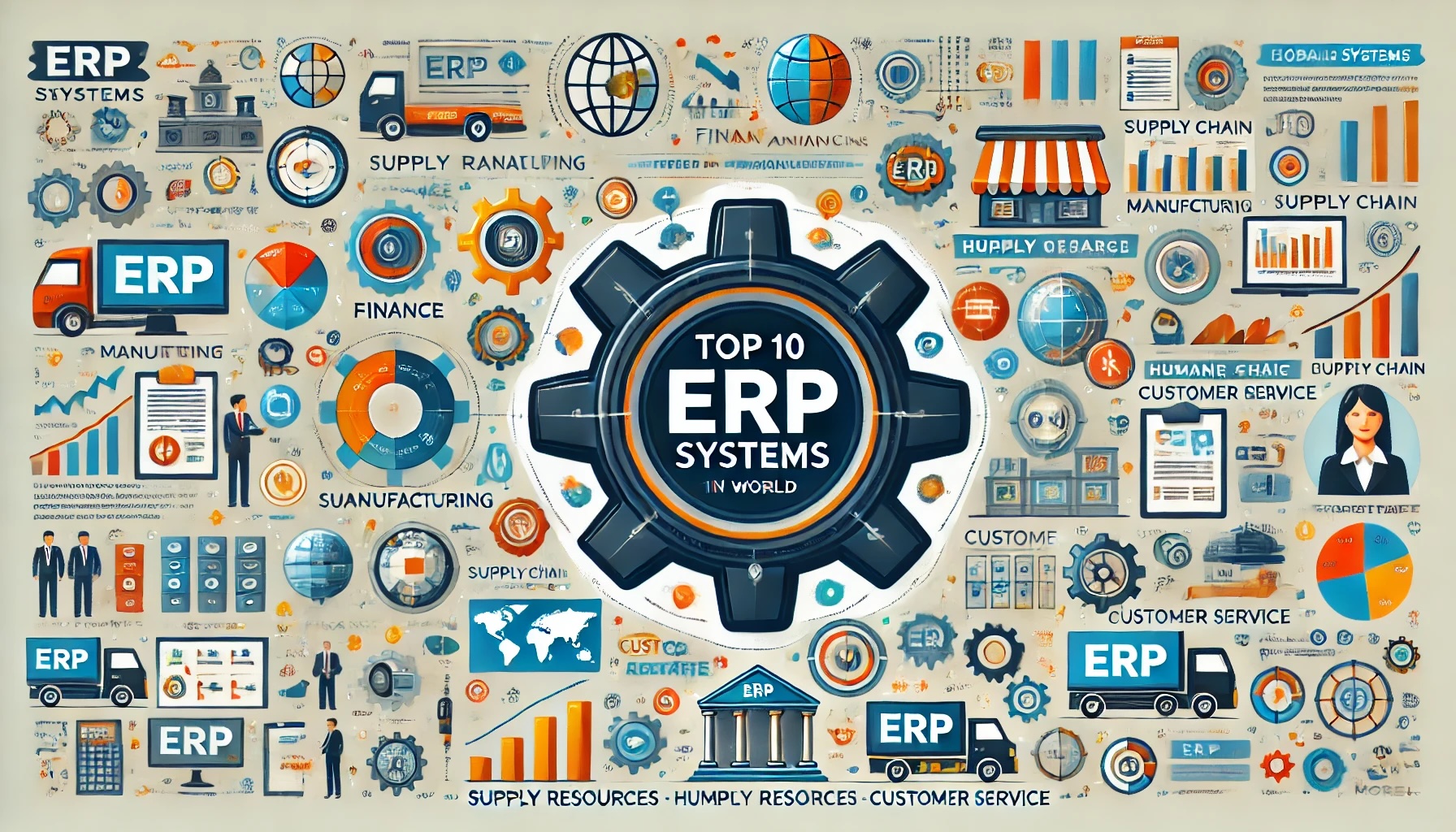
In today’s fast-paced business environment, having an effective Enterprise Resource Planning (ERP) system is crucial for streamlining operations, improving productivity, and enhancing decision-making. With a plethora of options available, choosing the right ERP system can be daunting. To help you make an informed decision, we’ve compiled a list of the top 10 ERP systems in the world. This guide will not only provide insights into each ERP but also optimize your understanding of the best solutions available.
1. SAP S/4HANA
SAP S/4HANA stands out as a market leader in the ERP space, renowned for its robust features and unparalleled flexibility. This ERP system leverages in-memory computing technology, which allows businesses to process and analyze vast amounts of data in real-time. This capability is particularly beneficial for large enterprises that require immediate insights to drive strategic decisions.
- Real-time analytics: Process large datasets in real-time for instant insights.
- Comprehensive integration: Seamlessly integrates with SAP products and third-party applications.
- AI and machine learning: Automate tasks and predict future trends.
- Customization options: Tailor the system to specific business needs.
- Industry applications: Ideal for manufacturing, retail, and utilities.
2. Oracle ERP Cloud
Oracle ERP Cloud is a comprehensive suite of applications designed to manage various business functions, making it a highly scalable solution for growing enterprises. This ERP system encompasses a wide range of modules, including financials, procurement, project management, and more, ensuring that all aspects of a business’s operations are efficiently managed.
- Scalability: Easily expands with business growth.
- Cloud integration: Access data and applications from anywhere.
- Data security: Advanced security features to protect sensitive information.
- Analytics and reporting: Provides valuable business insights.
- User-friendly interface: Ensures quick adoption and ease of use.
3. Microsoft Dynamics 365
Microsoft Dynamics 365 combines ERP and CRM capabilities to provide a unified solution for businesses of all sizes. This integration allows for a seamless flow of information across different business functions, enhancing efficiency and productivity.
- Seamless Microsoft integration: Works well with Office 365 and Azure.
- Customizable modules: Tailor the solution to specific business needs.
- User-friendly: Familiar Microsoft interface for easy adoption.
- AI and machine learning: Enhance decision-making and automate tasks.
- Flexible pricing: Suitable for various business sizes and budgets.
4. Infor CloudSuite
Infor CloudSuite is an ERP solution designed with industry-specific needs in mind, providing tailored solutions that address the unique requirements of different sectors. This approach ensures that businesses can leverage a system that aligns closely with their operational needs.
- Industry-specific modules: Tailored for healthcare, manufacturing, retail, and more.
- Cloud-based: Flexible access and collaboration.
- User-friendly: Intuitive interface for easy use.
- Robust analytics: Gain insights to drive decisions.
- Integration capabilities: Connect with other software and systems seamlessly.
5. Epicor ERP
Epicor ERP is a robust solution designed for mid-sized companies, offering extensive functionality that is both easy to implement and use. This ERP system focuses on industries such as manufacturing, distribution, retail, and services, providing tailored solutions that address the unique needs of these sectors.
- Customizable workflows: Tailor to specific business processes.
- Real-time insights: Powerful analytics for strategic decisions.
- Scalability: Grows with your business.
- User-friendly: Quick adoption with minimal downtime.
- Integration: Connect with existing software and systems.
6. Sage X3
Sage X3 is an ERP solution that accelerates all core business processes, from procurement to manufacturing, inventory, sales, customer service, and financial management. This comprehensive approach ensures that all aspects of a business’s operations are efficiently managed.
- Streamlined processes: Faster, more efficient operations.
- Intuitive interface: Easy to use, reducing learning curve.
- Robust support: Extensive training and resources.
- Customization: Adapt to unique business needs.
- Integration: Seamlessly connect with other systems.
7. NetSuite ERP
NetSuite ERP by Oracle is a cloud-based solution that suits growing businesses of all sizes. It offers a comprehensive suite of applications, including financial management, CRM, e-commerce, and more, providing a holistic solution for managing business operations.
- Cloud-based accessibility: Access from anywhere, enhancing flexibility.
- Real-time visibility: Gain insights into business operations.
- Scalable: Grows with your business needs.
- User-friendly: Easy adoption and use.
- Integration: Connect seamlessly with other software and systems.
8. Workday
Workday is renowned for its human capital management and financial management capabilities, providing a comprehensive solution for managing HR and finance processes. This ERP system is particularly beneficial for businesses that prioritize human capital management and financial performance.
- User-friendly: Quick adoption and ease of use.
- Real-time analytics: Gain insights into HR and financial performance.
- Robust reporting: Generate detailed reports on various metrics.
- Integration: Seamlessly connect with other systems.
- Scalable: Grows with your business.
9. IFS Applications
IFS Applications is a flexible ERP solution designed for medium to large enterprises, supporting complex needs in manufacturing, project management, and service industries. This ERP system provides a comprehensive solution for managing business operations, ensuring that all aspects of a business’s processes are efficiently managed.
- Comprehensive asset management: Robust tools for managing physical assets.
- Project management: Powerful features for planning and executing projects.
- Scalable: Adapts to business growth.
- User-friendly: Easy to adopt and use.
- Integration: Connects seamlessly with other systems.
10. Odoo
Odoo is an open-source ERP solution that offers a wide range of business applications that form a complete suite of tools. It’s suitable for companies of all sizes, offering flexibility and customization.
- Open-source: Customize to specific needs.
- Integrated applications: Modules for sales, CRM, project management, and more.
- Cost-effective: Affordable alternative to proprietary systems.
- User-friendly: Easy adoption and use.
- Scalable: Grows with your business.
Choosing the Right ERP
Selecting the right ERP system depends on various factors such as the size of your business, industry requirements, budget, and specific business needs. It’s essential to evaluate each ERP system’s features, benefits, and potential ROI. Consulting with an ERP implementation expert can also help you make a more informed decision.
When choosing an ERP system, consider the following:
- Business size and complexity: Ensure the ERP system can scale to accommodate your business growth and complexity.
- Industry requirements: Some ERP systems offer industry-specific solutions that cater to unique business needs.
- Budget constraints: Consider the total cost of ownership, including implementation, maintenance, and training costs.
- Integration capabilities: Ensure the ERP system can integrate seamlessly with your existing software and systems.
- User experience: A user-friendly interface and comprehensive support can significantly enhance the adoption and effectiveness of the ERP system.
By considering these top 10 ERP systems in the world, you’re well on your way to finding the solution that will drive your business towards greater efficiency and success. Ensure to conduct thorough research and possibly engage in trials or demos to understand how each system can specifically benefit your organization.
Conclusion
The ERP landscape is vast and varied, but with the right information, choosing the perfect ERP for your business can be simplified. These top 10 ERP systems in the world offer robust features, scalability, and industry-specific solutions that cater to diverse business needs. Whether you’re a small business or a large enterprise, there’s an ERP system out there that’s perfect for you.
To compare these ERP solutions and many more, you can use our new AI-powered Compare ERP tool. It’s free to use and you get a guaranteed discount on your first year’s licence fees with a referral from Compare ERP.
